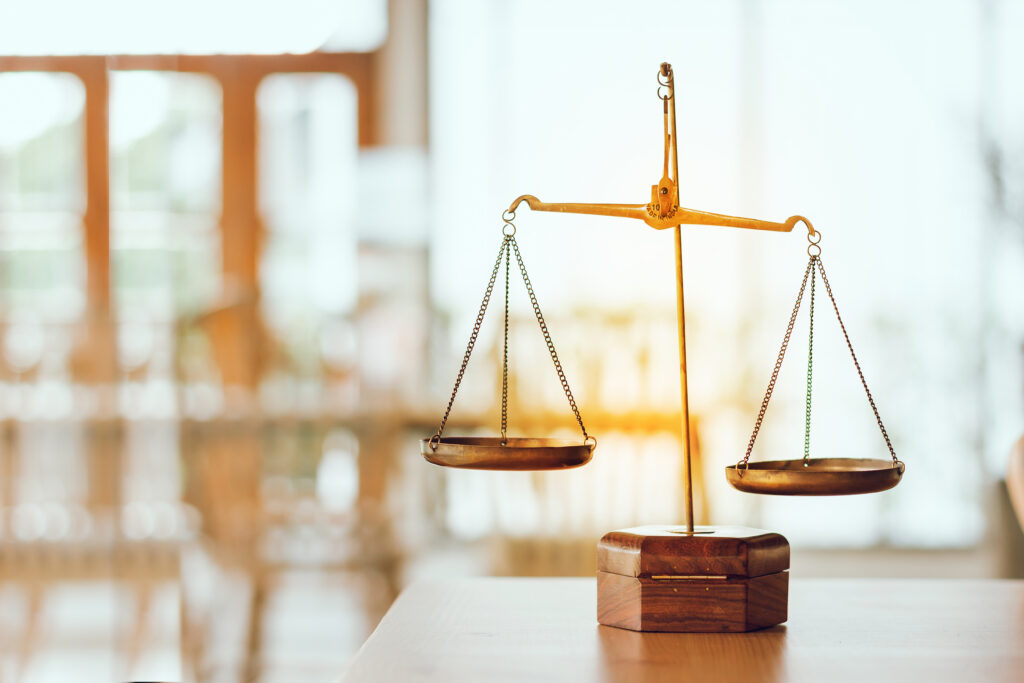Introduction
The rule of law is one of the fundamental principles that underpin democratic governance, ensuring that justice prevails in society. It guarantees that laws apply equally to all individuals, irrespective of their social status, wealth, or political influence. Without the rule of law, societies risk falling into disorder, corruption, and oppression. This text explores the key principles of the rule of law, its significance in modern society, the challenges it faces, and its impact on human rights and economic development.
The Principles of the Rule of Law
The rule of law is built upon several key principles that guide legal and political systems. First and foremost is equality before the law, which mandates that no individual or group is above legal scrutiny. This principle ensures that justice is not selective but universal. Additionally, accountability plays a crucial role in holding governments, institutions, and citizens responsible for their actions under the law. Without accountability, power could be abused, leading to systemic injustices.
Another essential principle is legal certainty, which dictates that laws must be clear, publicized, and applied consistently. This ensures that individuals and businesses can act with confidence, knowing their rights and obligations. Moreover, the separation of powers is fundamental in preventing the concentration of authority within a single branch of government. By dividing power among the legislative, executive, and judicial branches, democratic systems prevent abuse and safeguard freedoms. Lastly, the rule of law guarantees the protection of fundamental rights, ensuring that citizens enjoy freedoms such as speech, assembly, and fair trials.
The Importance of the Rule of Law
The rule of law is vital for maintaining a just and functional society. It provides a legal framework that upholds democratic values, ensuring that no leader or institution operates beyond legal constraints. This fosters trust in the government and strengthens democratic stability. Furthermore, it plays a crucial role in the protection of human rights, guaranteeing that individuals are treated fairly, regardless of their background.
In addition to promoting democracy and human rights, the rule of law is a key driver of economic development. Countries with strong legal systems tend to attract more investment and business opportunities because companies and entrepreneurs feel secure in a stable legal environment. When property rights and contracts are protected by law, economic growth flourishes, leading to job creation and social progress. Moreover, the rule of law helps to combat corruption, as it establishes transparent mechanisms to hold public officials accountable and prevent the misuse of power.
Challenges to the Rule of Law
Despite its significance, the rule of law faces numerous challenges across the globe. One of the most persistent threats is corruption, which weakens institutions and allows those in power to evade justice. Corruption erodes public trust in the legal system and hinders progress by enabling unfair advantages for the wealthy and influential.
Another challenge is political interference in the judiciary, where leaders manipulate legal systems to serve their interests rather than justice. In some countries, courts lack independence, leading to biased rulings that undermine the credibility of the legal system. Additionally, weak legal enforcement can result in laws that exist on paper but are not properly implemented, reducing their effectiveness. Lastly, a lack of public awareness about legal rights and protections can prevent citizens from seeking justice, further diminishing the rule of law.
Conclusion
The rule of law is an indispensable foundation of any democratic society, ensuring fairness, justice, and stability. By promoting equality, accountability, and the protection of rights, it serves as a safeguard against tyranny and abuse of power. However, it requires constant vigilance and reinforcement to withstand challenges such as corruption, political interference, and weak judicial systems. To uphold the rule of law, governments, institutions, and citizens must work collectively to strengthen legal frameworks, ensure transparency, and educate the public on their rights. Only through such efforts can societies maintain justice and democratic integrity, paving the way for a more equitable and prosperous future.








